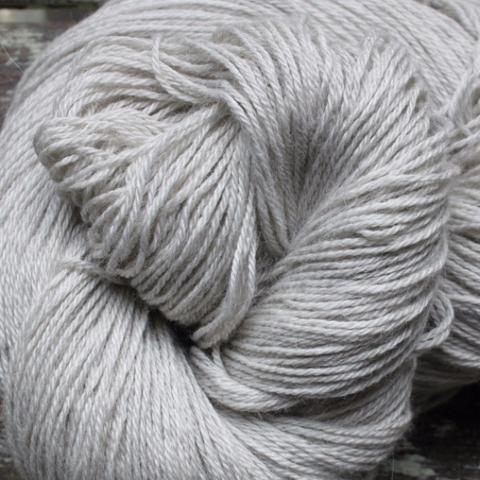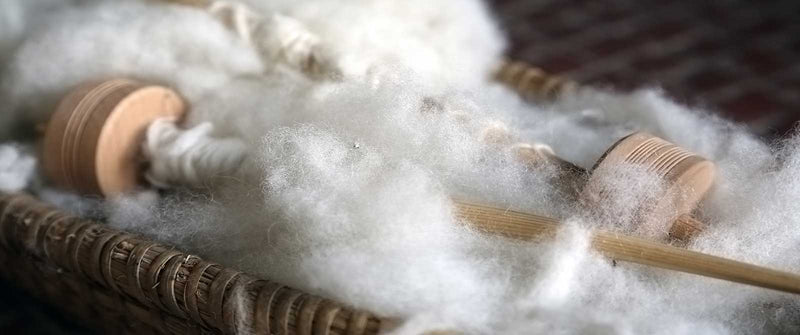The Exciting World of cashmere: Understanding Its Composition and Uses
The Exciting World of cashmere: Understanding Its Composition and Uses
Blog Article
Recognizing the Different Types of Cashmere an All-natural Fiber and Their Unique Benefits

The Origins of Cashmere: A Historic Introduction
While the extravagant touch of cashmere remains to charm contemporary consumers, its beginnings trace back to the extreme, cool climates of Mongolia and the Mountain ranges. For centuries, the aboriginal individuals of these regions have been increasing Capra Hircus goats, the prime resource of cashmere wool. These goats, durable versus the extreme winters months, expanded a fine undercoat to survive, which later ended up being referred to as cashmere. The name itself pays homage to Kashmir, a region in India where the wool was at first refined. Much of the early cashmere trade course was facilitated by the Silk Road, linking Asia with the Middle East and Europe. Despite its global spread, the finest cashmere is still believed to stem from the original regions of Mongolia and the Mountain Ranges.

The Manufacturing Process: From Goat to Garment
Shearing a Capra Hircus goat notes the beginning of the elaborate cashmere manufacturing process. This fragile treatment usually occurs yearly throughout spring. The penalty, soft undercoat is then separated from the coarser outer hair, a procedure called dehairing. The resultant raw cashmere is after that cleaned to get rid of contaminations such as grease, vegetable, and dirt issue.
The tidy fiber is subjected to dyeing, spinning, and weaving, or knitting, to transform it into a material. Complicated procedures such as quality control checks and completing processes adhere to, guaranteeing the end product maintains the glamorous requirement expected of cashmere. This meticulous procedure, from goat to garment, warrants the high expense connected to cashmere products, making them an icon of deluxe and refinement.
The Various Kinds of Cashmere: A Thorough Analysis

The Distinct Advantages of Cashmere: Convenience and Sustainability
Relocating from the variety of cashmere types to the advantages they supply, comfort and sustainability stand apart prominently. Cashmere, an all-natural fiber, is renowned for its unparalleled softness, offering a level of comfort that artificial fibers can't match. The product's agility, yet remarkable heat retention, makes it ideal for all seasons. Cashmere's all-natural flexibility permits it to return to its initial shape, making it resistant to diminishing or extending.
When it pertains to sustainability, cashmere is naturally degradable and renewable, as it's collected from cashmere goats that regrow their layers every year. what is cashmere. Unlike synthetic fibers which can take centuries to decompose, cashmere's influence on the environment is marginal. This mix of convenience and sustainability makes cashmere a valuable option for aware customers

Taking Care Of Your Cashmere: Maintenance and Conservation Tips
While cashmere is certainly a extravagant and lasting selection, it calls for this details care to maintain its quality and extend its lifespan. To begin, cashmere need to be hand cleaned making use of chilly water and a light cleaning agent. Cashmere things need to be stored in a dry and trendy place, away from direct sunshine and wetness.
Buying Cashmere: Recognizing Its Worth and Well Worth
Although cashmere might originally seem like a pricey investment, its long-lasting worth and worth ended up being obvious when you consider its impressive qualities. Known for its unrivaled softness and warmth, cashmere is a costs all-natural fiber that outshines various other products. Spending in cashmere, consequently, is not just regarding present style trends, but regarding welcoming a lasting, durable, and elegant lifestyle.
Conclusion
In summary, the kind of cashmere one selects, be it Mongolian, Chinese, or Italian, is dictated by individual choices for warmth, deluxe, budget plan, and sustainability. Comprehending the beginnings, production process, and unique advantages of different types of cashmere can direct consumers in their financial investment in this luxurious natural fiber.
Whether it's the remarkable heat of Mongolian cashmere, the affordability of Chinese cashmere, or the eco-conscious manufacturing of Italian cashmere, there's a tale to be discovered behind each fiber kind. Cashmere, an all-natural fiber, is renowned for its unrivaled soft qualities, supplying a level of convenience that synthetic fibers can't match.When it comes to sustainability, cashmere is eco-friendly and eco-friendly, as it's harvested from cashmere goats that regrow their layers each year. Known for its unmatched gentleness and heat, cashmere is a costs natural fiber that surpasses various other products. Recognizing the beginnings, manufacturing procedure, and special benefits of various types of cashmere can guide consumers in their investment in this extravagant natural fiber.
Report this page